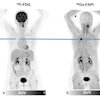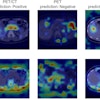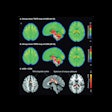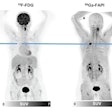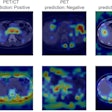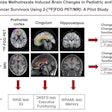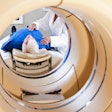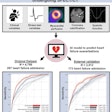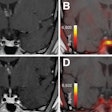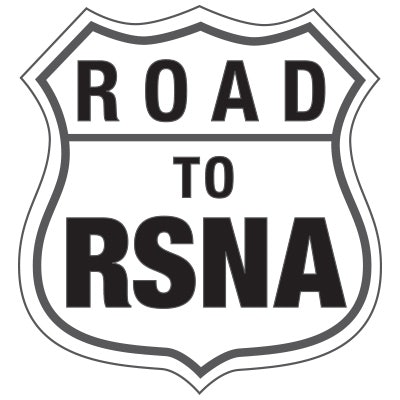
Presentations specific to COVID-19 are among the molecular imaging scientific sessions offered at RSNA 2021. Attendees will also enjoy research in oncologic and brain imaging, radionuclide therapy, PET radiopharmaceuticals, technical advances, and more.
PET radiotracer uptake has been found in axillary lymph nodes in patients who received COVID-19 mRNA-based vaccines; however, Israeli researchers went a step further and analyzed whether F-18 FDG uptake is associated with the age and immune status of patients.
In addition, significant findings will be presented in a session dedicated to oncologic imaging, where the latest results will be discussed from an ongoing U.S. trial of F-18 fluoroestradiol (FES) PET/CT in women with invasive lobular carcinoma (ILC).
F-18 FES was approved by the U.S. Food and Drug Administration in May 2020 for detecting estrogen receptor-positive lesions in recurrent or metastatic breast cancer, but details on the performance of the tracer in women with ILC are sparse, according to researchers.
New PET tracers will also be on the spot at RSNA 2021 in studies evaluating their performance for diagnosing abnormal cholesterol metabolism and in vivo infection.
A group from the University of Michigan will report a breakthrough after 40 years of research in developing a low-dose F-18-based radiotracer compared with a radiopharmaceutical based on an iodine-131 isotope for imaging abnormal cholesterol metabolism due to high levels of adrenal aldosterone.
In another study, researchers are building on previous work showing a carbon-11-labeled D-methionine tracer they synthesized can help identify active bacterial infection versus sterile inflammation on PET imaging in mice.
RSNA 2021 molecular imaging presentations will also highlight the value of PET for assessing patient response to treatment. For example, in one talk, the study authors will discuss a novel approach in patients with newly diagnosed prostate cancer scheduled for focal ablation with high-intensity focused ultrasound therapy.
Attendees at RSNA 2021 will also be able to learn about technical advances in PET/CT imaging. In one session, for instance, researchers from the University of Cincinnati will present an ultrafast, low-dose PET/CT approach that appears equivalent to conventional imaging in patients with oncologic disease.
Often, advances in molecular imaging begin in the lab. That seems to be the case in one study highlighted at this year's conference that shows a common agent used in medication for asthma and cystic fibrosis appears to protect DNA from damage from ionizing radiation.
Keep reading for more highlights of some of the many molecular imaging research presentations and posters scheduled for this year's meeting. You can view the complete list of abstracts for the 2021 scientific and educational program on the RSNA website.


